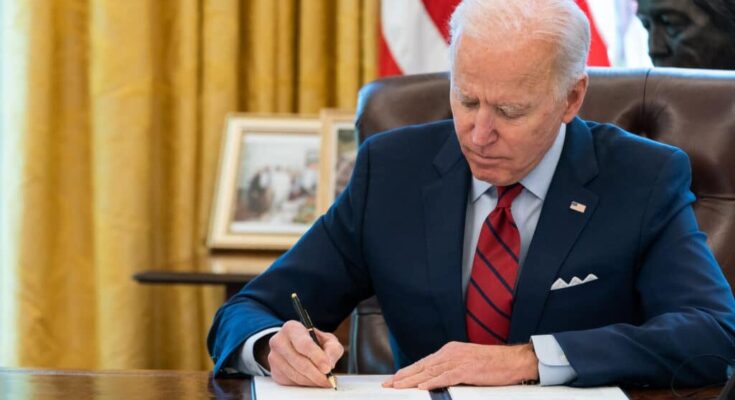
After the attack on Israel on October 7 and the subsequent attack by Tel Aviv on the Gaza Strip, Joe Biden became the first president to visit the country at a time of war.
After meeting with Netanyahu and the war council, he said: “You are not alone.”
According to the BBC, in September, President Biden convened a group of international leaders who urged Israel and Hezbollah to exercise patience. Minutes later, Israeli jets fired “bunker buster” bombs on southern Beirut.
The strike killed Hezbollah leader Hassan Nasrallah.
What US wanted and how the war spread
The most important diplomatic goal, as stated by the Biden Administration, was to achieve a ceasefire by agreeing to release the hostages held in Gaza.
One year after Hamas stormed through the militarized fence in southern Israel, killing more than 1,200 people and kidnapping 250, dozens of hostages have been taken.
Meanwhile, the war has spread to West Bank and Lebanon. Iran fired 180 rockets at Israel last week in retaliation for the killing of Nasrallah, leader of the Iranian-backed Hezbollah group. The conflict threatens to deepen and engulf the region.
Gains and losses
Biden officials claim that U.S. pressure has changed the shape of their military operations.
For example, Biden cites a belief within the administration that Israel’s incursion into Rafah in southern Gaza was more limited than it otherwise would have been, even though much of the town is now in ruins.
Prior to the Rafah invasion, in an attempt to deter the Israelis from an all-out assault, Biden suspended a single shipment of 2,000- and 500-pound bombs. But the president faced immediate backlash from Republicans in Washington and from Netanyahu himself, who likened it to an “arms embargo”.
Biden has since partially lifted the suspension and never reinstated it. The State Department claims that even though the U.N. reported famine conditions in Gaza earlier this year, his pressure resulted in more aid flowing in.
In the region, much of Biden’s work has been done by his chief diplomat, Anthony Blinken. He has made ten trips to the Middle East since October in rapid-fire rounds of diplomacy, the visible side of an effort that runs parallel to the CIA’s covert work in trying to broker a cease-fire deal in the Gaza Strip between Israel and Hamas.
Superficial diplomacy?
For the Biden’s administration critics, the U.S. call for an end to the war, while supplying Israel with at least $3.8 billion (£2.9 billion) a year in arms and meeting additional demands since October 7, amounts to either a failure to use leverage or a direct contradiction.
They argue that the current prolongation of the war actually marks a demonstration, rather than a failure, of U.S. diplomatic policy.
Biden’s allies categorically reject this criticism. They point out, for example, that Egyptian and Qatari-mediated diplomacy with Hamas led to last November’s cease-fire that freed more than 100 hostages in Gaza in exchange for some 300 Palestinian prisoners held by Israel.
Biden’s strategy
A lot depends on the relationship between Netanyahu and Biden. The men have known each other for decades, and their relationship has often been dysfunctional, but the U.S. president’s positions have preceded even his relationship with the Israeli prime minister.
For President Biden’s critics, his greatest failure has been to play a hidden trump card toward Israel. In the last year of his single term, thousands of protesters, many of them Democrats, have taken to the streets and college campuses in denunciation of his policies.
Biden’s mentality, and by extension that of the administration, was shaped at a time when the Israeli state was in imminent existential danger, says Edward Said Professor Emeritus of Modern Arab Studies at Columbia University in New York, Rashid Kalidi.
Analysts say Biden’s approach to the current conflict is shaped by an outdated understanding of the balance of state power in the region. And it neglects the experience of stateless Palestinians.
Neither Harris nor Trump, however, have laid out any concrete plans for reaching an agreement that go beyond what is already under way.
Elections may yet prove to be the next turning point in this sharply escalating crisis, but exactly how is not yet clear.



